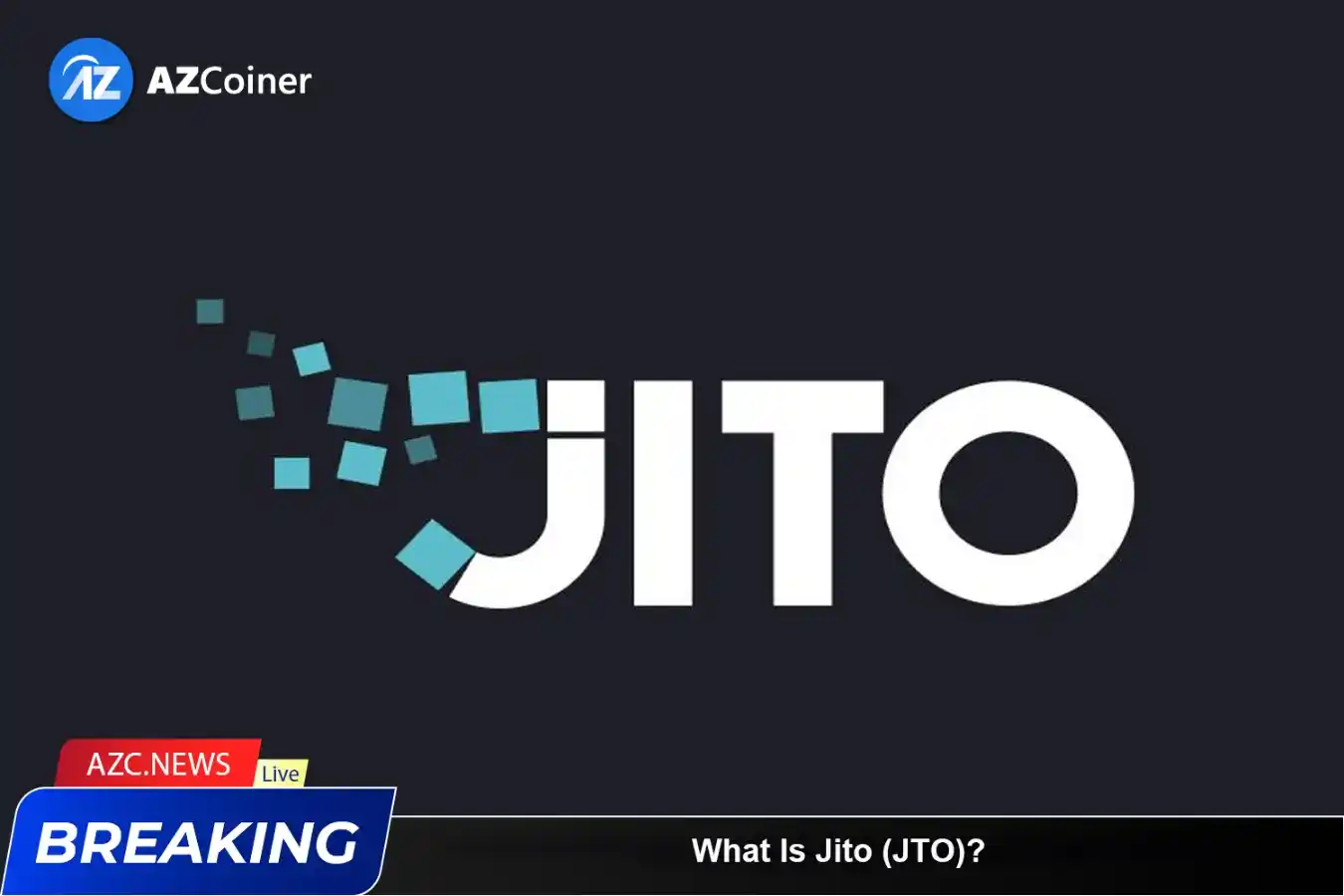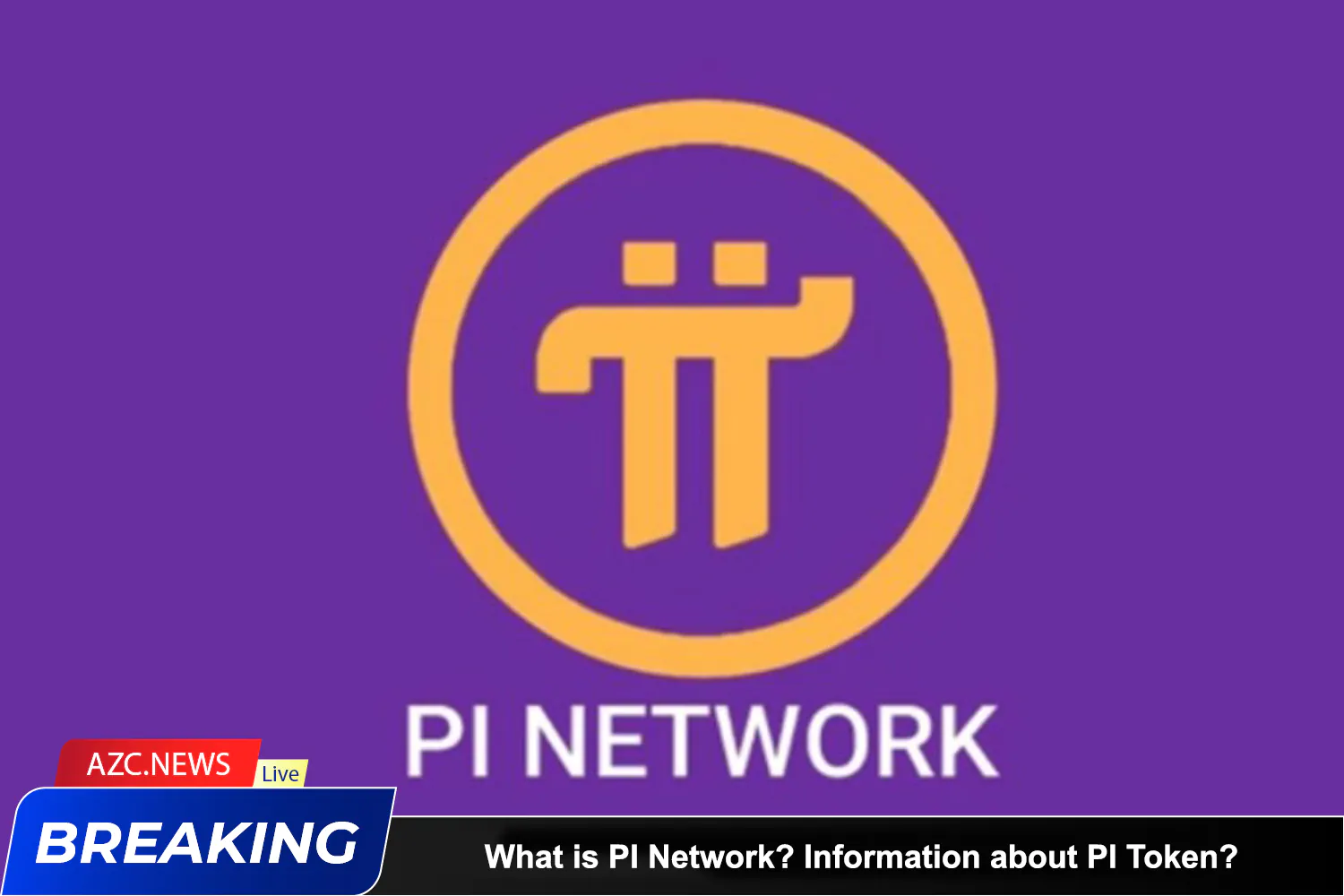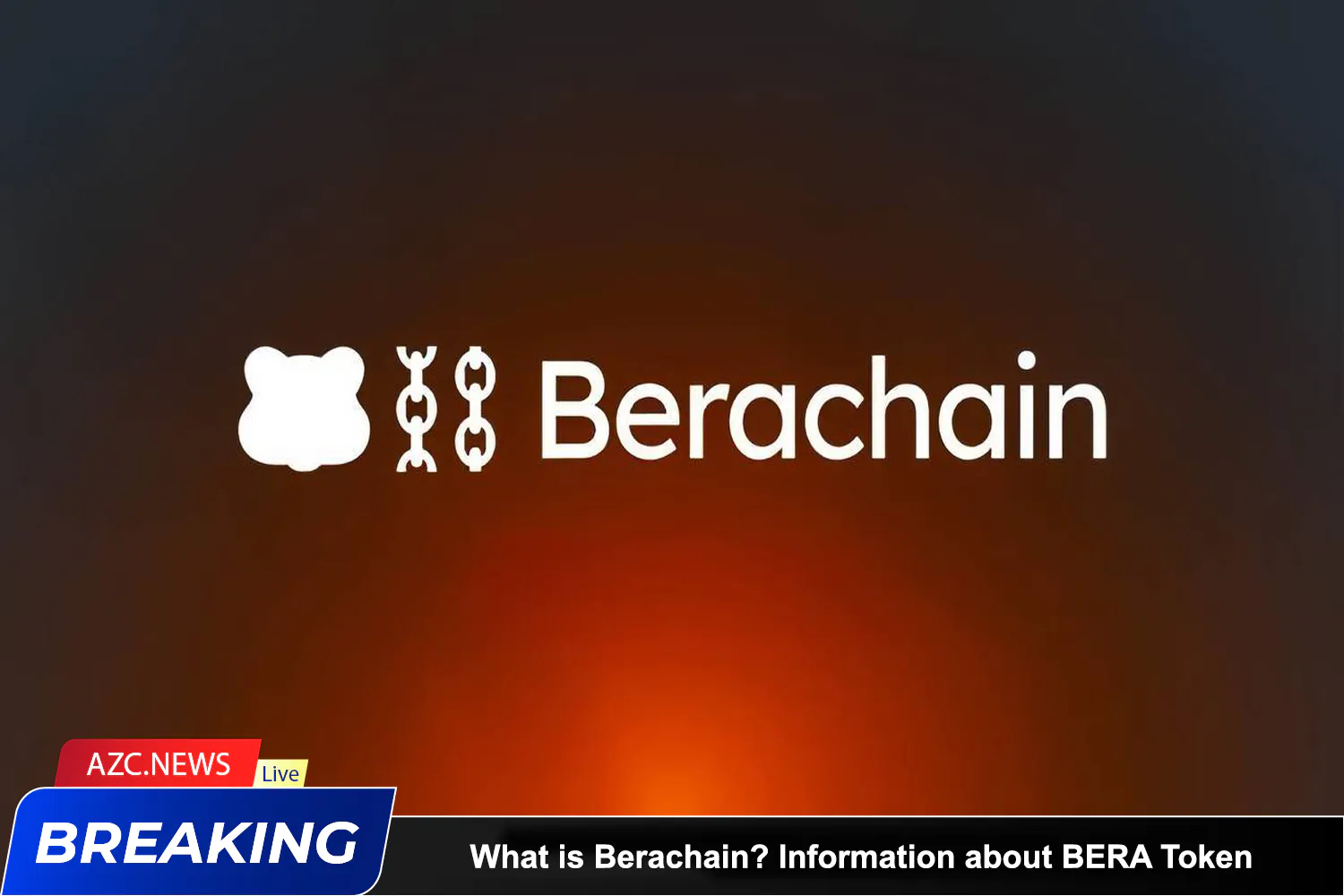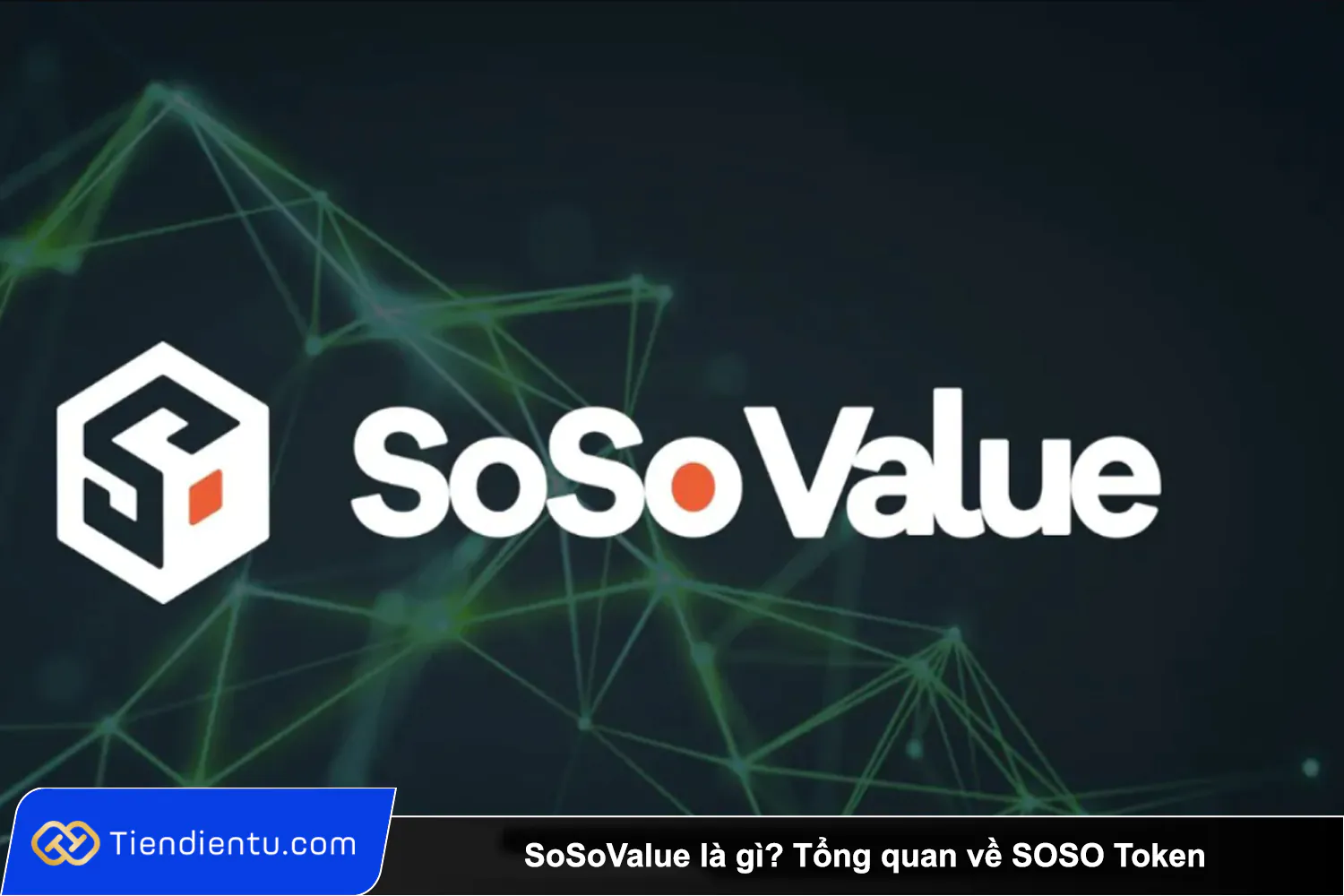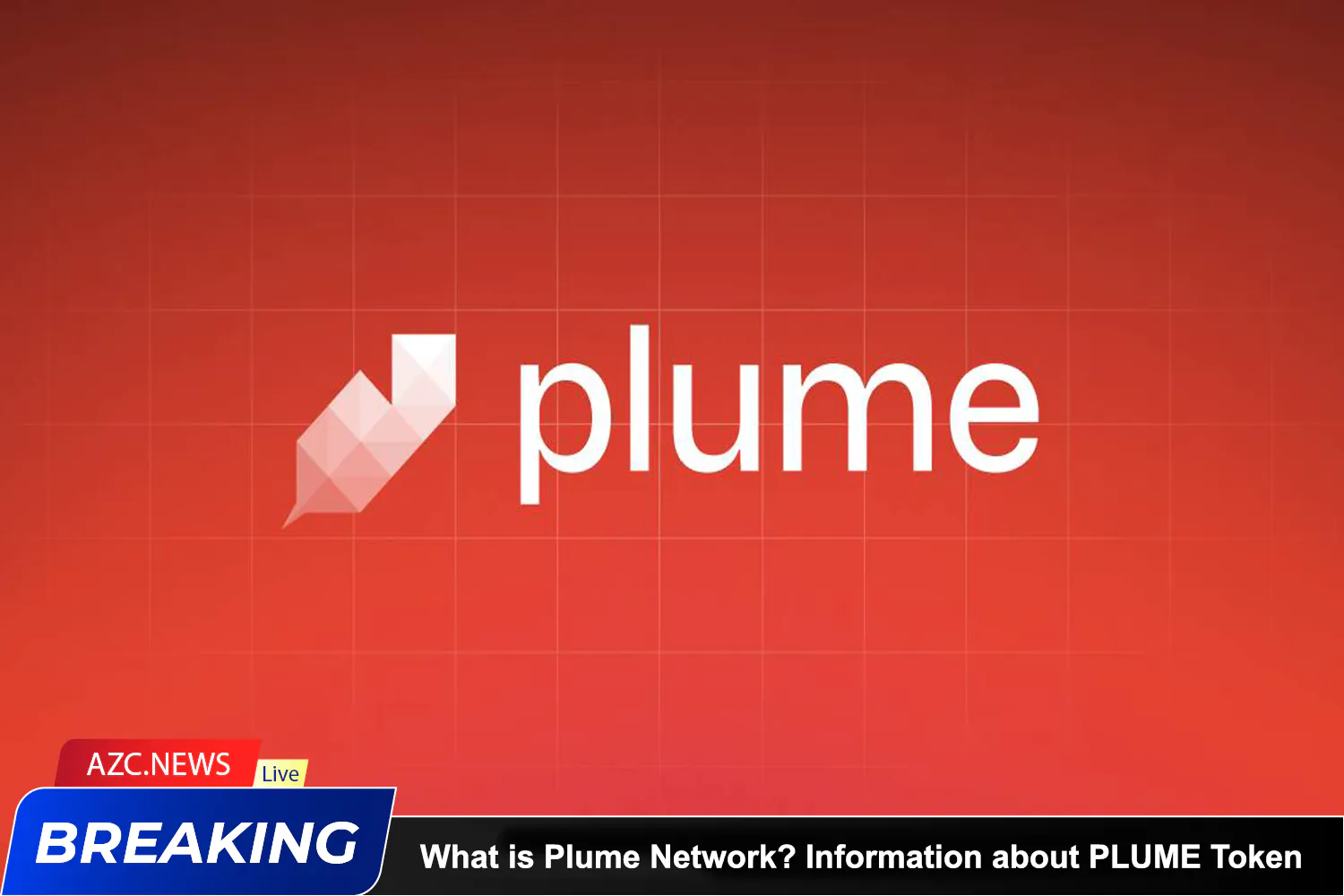What is Jito?
Jito is a special liquid staking protocol that allows users to stake SOL (Solana’s token) and receive a liquid staking token called JITOSO. Create many usage opportunities to maximize profits. The unique thing about Jito is integrating rewards from MEV (Miner Extractable Value). Help support users so they can maximize profits compared to conventional solutions.
Jito is the only liquid staking protocol that offers users the opportunity to profit from both liquid staking tokens and MEV rewards. With JITOSOL, users can earn extra profits by participating in activities. For example, lending and yield farming on various DeFi platforms in the Solana ecosystem.
Main ingredients of Jito
JITOSOL
JITOSOL is Jito’s liquid staking token and users can earn it by staking SOL into the protocol. JITOSOL holders can participate in many other profit-generating activities. Besides receiving interest from staking such as lending and yield farming on other DeFi platforms in the Solana ecosystem.
Stake
Currently, users can stake SOL directly on Jito’s website to receive JITOSOL. At a ratio of 1:1 with an APY of 6.88% (at the time of writing on December 8, 2023). Users can convert JITOSOL back to SOL after 2-3 days.
Additionally, the value of JITOSOL increases based on accumulated profits, such as 1.05 SOL per JITOSOL. This increase in value ensures that JITOSOL holders will receive profits. Regardless of how the token is stored. Furthermore, users holding JITOSOL also accumulate profits from the protocol’s MEV rewards.
MEV Rewards
Jito Foundation is an organization established with the goal of minimizing the negative impacts of MEV (Miner Extractable Value). To increase transparency and distribute profits fairly. The Jito team has announced an open source validator manager. Designed to create a competitive market in MEV mining. This manager allows organizing auctions within each block. Where validators have the opportunity to dominate the MEV of that block. Validators can bid and the leaders in each block auction can collect the available MEV.
This model brings two important benefits to the platform as follows:
-
Benefits for staking participants: Validators who receive funds from successful bidding will transfer a large portion of those profits to staking participants on Jito.
-
Mitigate bot MEV: A structured bidding process and deal placement helps minimize bot MEV. As Jito’s validator takes market share. It is expected that the number of MEV bots will decrease significantly. While users’ staking profits increased.
StakeNet
At its core, StakeNet is a network of people who manage on-chain programs. Its two main components are:
-
Validator History Program: This program is capable of storing three years of history for every validator on the Solana network. By providing a transparent and cryptographically verified record of past actions. Both users and on-chain programs can have an accurate view of validator behavior.
-
Steward Program: Leveraging the validator’s on-chain history, the manager will calculate the score and number of tokens that the validator can delegate. A collection of managers will cooperate to run the state machine. To ensure that tokens are delegated to the best performing validators. This system can operate continuously. At the same time, create a more transparent and efficient mechanism for token authorization based on authenticated historical data.
With StakeNet, Jito will play an important role in ensuring the safety of the Solana network.
Jito’s mechanism of action
Step 1: Users stake SOL into the protocol and receive JITOSOL at a 1:1 ratio. With JITOSOL. Users can participate in lending and yield farming on DeFi platforms in the Solana ecosystem.
Step 2: Jito transfers user SOL to validators capable of mining MEV. From there, these validators will participate in the block space auction process and receive MEV rewards.
Step 3: Validators’ MEV rewards will be redistributed to users.
Step 4: User JITOSOL, when held, accumulates profits from both APY rate and MEV rewards.
As of the time of writing, there have been more than 6.3 million SOLs deposited into Jito from 68,120 users. Jito has built a network of Validators with a number of up to 82.
Outstanding features of Jito
-
JitoSOL can be used on many DeFi protocols in the Solana ecosystem such as Mango Market, Marginfi, Solend, Orca, Kamino Finance, Raydium… to earn more profits.
-
Users not only receive rewards from completing blocks but also enjoy additional rewards. It is about extracting MEV from the Solana network. This is an important distinction between Jito and other LSD protocols on the Solana ecosystem such as Marinade Finance or Lido Finance.
-
Jito bets exclusively on Validators using Client software developed by Jito Labs to improve the performance of the Solana network. This creates a unique difference in the way Jito approaches and manages Validators.
-
Jito will charge an annual management fee of 4% of total rewards (MEV + Stake). In addition, Jito also charges a fee of 0.1% of the withdrawal value to maintain and develop its features and services.
Related: Jito Propels Its SoJito Propelslana DeFi Community with JTO Token Airdrop
Information about JTO tokens
Basic information about tokens
-
Token name: Jito
-
Ticker: JTO
-
Blockchain: Solana
-
Token standard: SPL
-
Total Supply: 1,000,000,000 JTO
-
Circulating supply: 115,000,000 JTO
JTO token allocation
-
Community Growth: 34.3%
-
Ecosystem Development: 25%
-
Core Contributors: 24.5%
-
Investors: 16.2%
-
Airdrop: 10%
JTO token allocation schedule
What is the JTO token used for?
JTO token brings many benefits to owners, including:
-
Airdrop Rewards: JTO is used as an airdrop reward for early users who join the protocol.
-
Project Governance Benefits: JTO holders have the right to participate in project governance. Includes voting to change parameters on StakeNet. Manage reserve funds and revenue sources from JITOSOL.
-
Jito Fund: Jito established the Jito fund with the goal of strengthening the staking economy through JitoSOL and related products. As well as improving the Solana network. The fund is run by independent Directors and controlled by the token holder community. Important decisions are made through a transparent and voting process.
-
Governance and Control: Jito Fund has an independent and transparent governance structure. With oversight by Independent Directors and an Independent Monitor from FFP Corporate Services. JTO token holders retain ultimate control and have the right to remove governance officials if necessary.
-
Compliance and Transparent Reporting: Jito Foundation is committed to complying with the Constitution, Charter and Articles of Association.
Through these utilities, JTO not only brings value to the owner. But also contributes to the development and transparency of the Jito and Solana ecosystem.
Development team
Prominent members of Jito’s development team include:
-
Lucas Bruder: He is Co-Founder and CEO of Jito.
-
Brian Smith: He is the COO of Jito.
-
Zano Sherwani: He is the CTO of Jito.
Investors
Jito has successfully raised $10 million in Series A round with the participation of investment funds such as Solana Ventures, Multicoin Capital, Robot Ventures,…
Partner
Jito is collaborating with DeFi platforms on Solana to create more use cases for JITOSOL such as Orca, Raydium, marginfi,…
Conclusion
Through the above overview article about the Jito (JTO) project, AZC.News hopes readers will grasp basic information about this project. To make your own investment decisions. Wishing you a successful investment!
 OMN
OMN  BTC
BTC  ETH
ETH  USDT
USDT  XRP
XRP  BNB
BNB  SOL
SOL  USDC
USDC  TRX
TRX  DOGE
DOGE 
